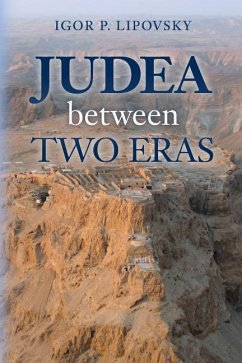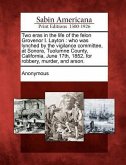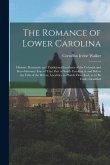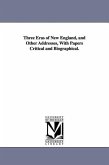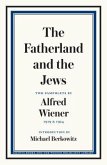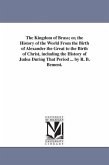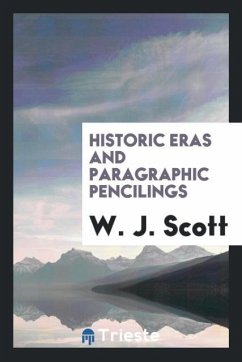I century B.C.E. - I century C.E. was a time in Judea's history that determined the development of religious and spiritual life not only of the Jewish people, but of all Western civilization as well. By the beginning of the new era, there emerged a numerous and powerful people - the Judeans. This great people were not so much direct descendants of the sons of Abraham, as they were of all the indigenous inhabitants of ancient Canaan, who lived or arrived there from pre-historic times. Rome's expansion turned the Judean kingdom into a Roman province, but, being the only place where absolute monotheism ruled, the country became a unique part of the pagan empire. And while Roman legions had the upper hand over Judea militarily, Jewish monotheism triumphed spiritually over the Greco-Roman world. Later, the Jewish Messiah movement began to conquer the invincible Roman Empire, but on this victorious path lost its original character: the Judaism of Jesus changed into the Christianity of Paul and thus marked the transition to a new era.
Hinweis: Dieser Artikel kann nur an eine deutsche Lieferadresse ausgeliefert werden.
Hinweis: Dieser Artikel kann nur an eine deutsche Lieferadresse ausgeliefert werden.

